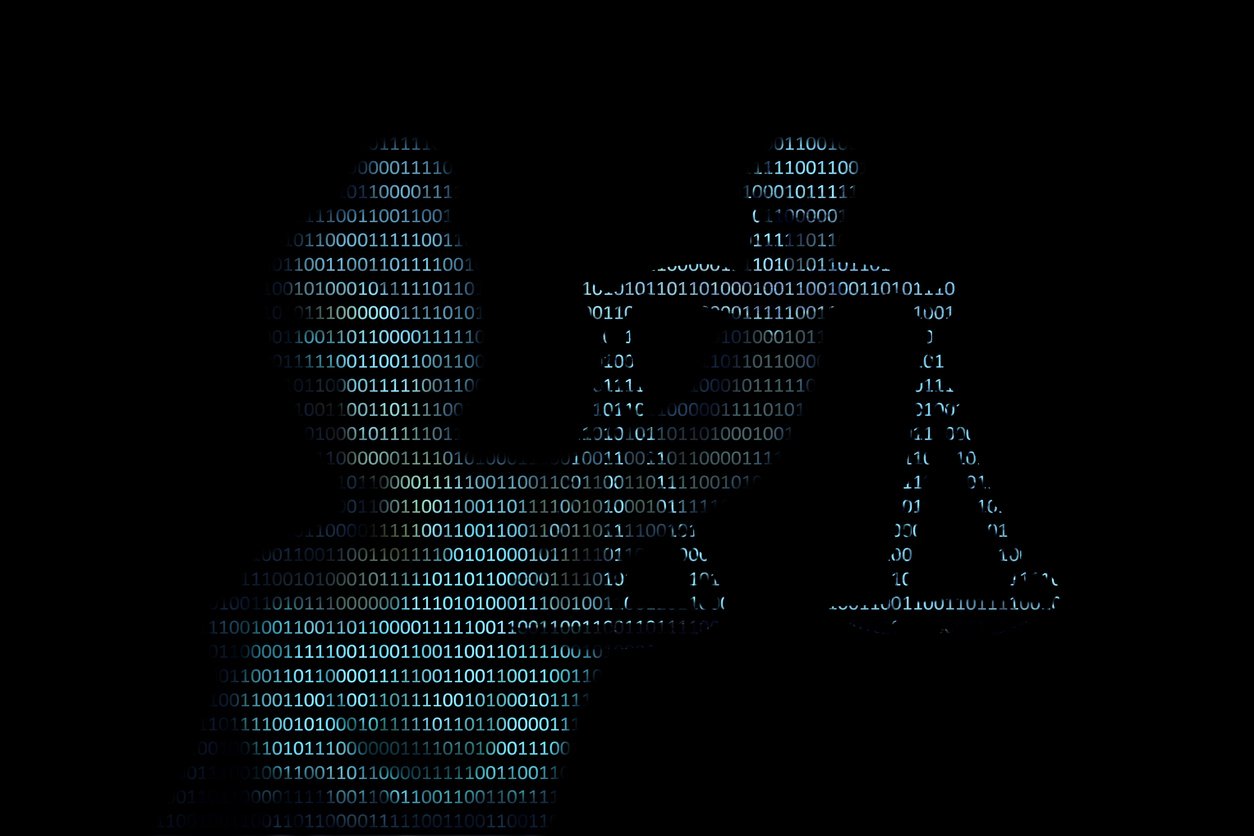On the eve of the holiest night of the Jewish year, Jews around the world will stand in sanctuaries and ask to be released even from promises we never meant to make. In 2025, many of those promises involve our phones, our feeds and our new reliance on artificial intelligence.
As an executive at a tech and Torah company, my daily conversations this year have revolved around AI. People are delightedly using ChatGPT everyday, or they are vehemently opposed to doing so. But these are often knee-jerk reactions, and they have not stopped to think about the new habits they have been forming.
Every religion has its rituals of reflection and release, whether confession, Lent, or Ramadan. But the gateway to Yom Kippur, Judaism’s holiest day, is a prayer about promises. The habits we formed, many without even pausing to consider for a click, are also regarded as binding vows: choices of actions that tether us to our past. But with the Kol Nidrei prayer, words, vows, and habits can all be swept away.
The words of Kol Nidrei on the eve of Yom Kippur, are as legalistic and dry as the tunes are ponderous and solemn. It is the service not to be missed, despite the fact that much of the liturgical energy is spent not on asking for forgiveness — the overall focus of Yom Kippur, the Day of Atonement — but instead on asking to be released from seven different types of vows enumerated by this ancient prayer.
“Our vows shall no longer be vows, our prohibitions shall no longer be prohibited, and our oaths are no longer oaths,” the liturgy of Kol Nidrei concludes. But what happens to the New Year resolutions that we made last year? Do we just sheepishly retreat from those self-imposed expectations, and pretend they never happened? It would be easiest, perhaps, to ignore the promises I made to myself, rather than dwell on why I did not, in fact, stop checking my phone after 11 p.m. this past year, or why I became more reliant on algorithms instead of less. Kol Nidrei forces us to acknowledge how our actions speak louder than our resolutions.
Digital habits often fall into the category of the things we never resolved to do at all, but practices we fell into because tech companies nudged us into the easiest groove. Buffeted by headlines and swayed by TikToks, we cannot remember deciding how we would use Gemini, or resolving to use ChatGPT to write boring emails, or promising our family that future vacation itineraries would be planned by Claude. We stumble into our patterns one Chrome window at a time, with little time to reflect and revise.
Kol Nidrei is the prayer for letting go of all the daily acts and avowed positions that have hardened into habits, like clearing cookies out of a web browser — a liturgical deletion of the cache. We need to be technologically flexible and morally consistent, to be open to what’s coming next, while behaving well in the current moment.
The big tech companies are pouring money into artificial intelligence, banking on a journey into the unknown without even worrying too much about plotting a clear destination. Our personal and communal path, however, needs to be more clearly marked — set off by our desire to use new technology to build a better 5786. The habits we cling to unthinkingly might make us obsolete before too long, but carelessly adopting each shiny new tool offered by Silicon Valley also isn’t going to leave us in a better place when this year is over. We will need repeated recalibration and thoughtful conversations to ensure that we take moral responsibility for the runaway train of artificial intelligence.
In the moments after the prayer, we are freed: with no vows to honor, no stance to defend. We stand in the space of infinite possibility, quietly contemplating what lies ahead. We can stop, take a deep breath, and get ready to (possibly) change our minds.
Kol Nidrei reminds us that our humanity lies not in delivering perfect promises, but in the chance to release ourselves from imperfect ones. This year, we would do well to extend that ritual to our technological tools, reimagining how we might use them to build a better new year.
Sara Tillinger Wolkenfeld is the director of Education at Sefaria, an online database and new interface for Jewish texts. She is passionate about Talmud education and expanding Jewish textual knowledge for all. Sara is also a fellow of the David Hartman Center at the Shalom Hartman Institute of North America. Her previous experience includes serving as director of Education at the Center for Jewish Life – Hillel at Princeton University, as part of the Orthodox Union’s Jewish Learning Initiative on Campus. She studied Talmud and Jewish Law at various institutions of Jewish learning in Israel and America and speaks frequently at synagogues, schools, and university communities. She lives in Chicago with her husband and their five children.

